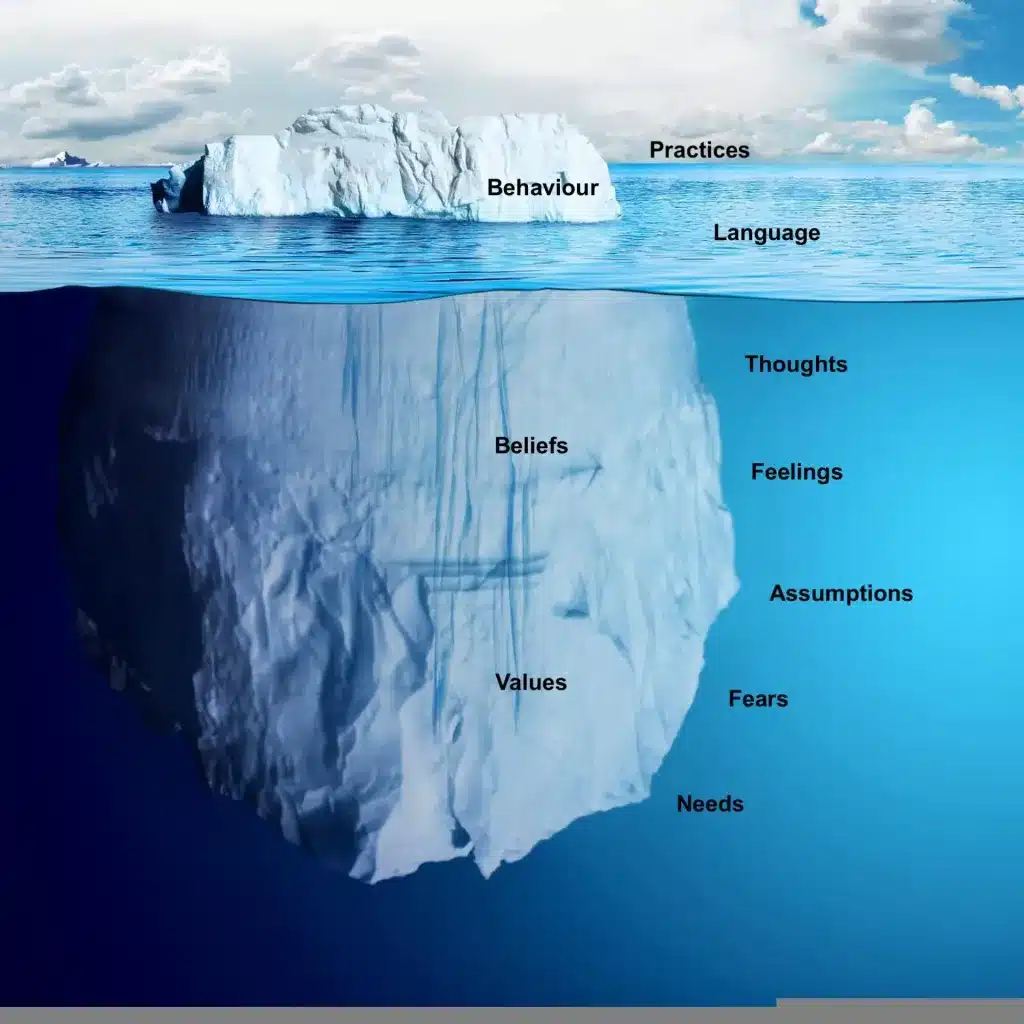Nosce te ipsum – Know Thyself
We all have them – values. And they direct our life choices every day. We often take them for granted, or may even assume the people we spend time with have the same values we do.

Interestingly, I’ve noticed a recurring theme in my sessions recently; clients coming to see me because of value clashes occurring in the important relationships that they are a part of.
These conflicts in values often manifest within cross-cultural romantic relationships or friendships, but certainly aren’t limited to those areas. For clients who are new to Japan, the differences in their own culture’s value system vs. that of Japan becomes apparent pretty quickly, usually after the Honeymoon Stage of culture shock has worn off. (Click the ‘free preview’ option on the book cover below for more info on the Honeymoon Stage.)
Clients who are more accustomed to speaking up and sharing their opinions freely in their home culture, may find themselves feeling stifled or suppressed now that they are in a heterogeneous culture that values harmony within a group over one person standing out within that group. That isn’t to say that ‘standing out’ doesn’t happen in Japan – it certainly does. But those who were brought up in the system have a better understanding of the subtlety and nuance that is required to do this in such a way that doesn’t disturb the ‘wa.’
If you’re finding yourself tired, burnt out, or just plain homesick for the way things were done when you were growing up, there’s a good chance you are well past the Honeymoon Stage of your time in Japan, and feeling the fatigue that goes with having your value system not align with the people around you. When you have a solid understanding of what values are most important to you, it puts you in a position to better understand why you and your partner, a friend, or a co-worker may be experiencing friction. With this understanding, you provide yourself opportunities to be more flexible and open to understanding the value systems of those around you, and to widen your perspective of what constitutes the ‘right’ way of doing things.
The sessions on values that The J’Expat Network provides are also a great pay-it-forward opportunity. Once you understand your values and how they motivate you, you will be able to share how you came to this understanding with those close to you, and even offer to go through some of the exercises you did in your sessions with friends and loved ones.
The bottom line is that being more flexible in your worldview opens up more choices. There is a certain sense of freedom that comes with having an abundance of choice, and with that freedom you will find you are connecting in a more meaningful way to the people and places you encounter everyday. The most important step in this journey is understanding your own value system and how it can align comfortably with the relationships you forge, whether in Japan, in your home country, or wherever your travels will bring you next.

If you’d like to investigate your own value system in a private and confidential space, please feel free to contact the J’Expat Network to discuss options. I look forward to seeing you!
Sarah
Comments
Leave a Reply
Logged in as Sarah Mulvey. Edit your profile. Log out? Required fields are marked *
Comment *
←Previous: A Digital Holiday – Sometimes a Necessary Reprieve

Leave a Reply